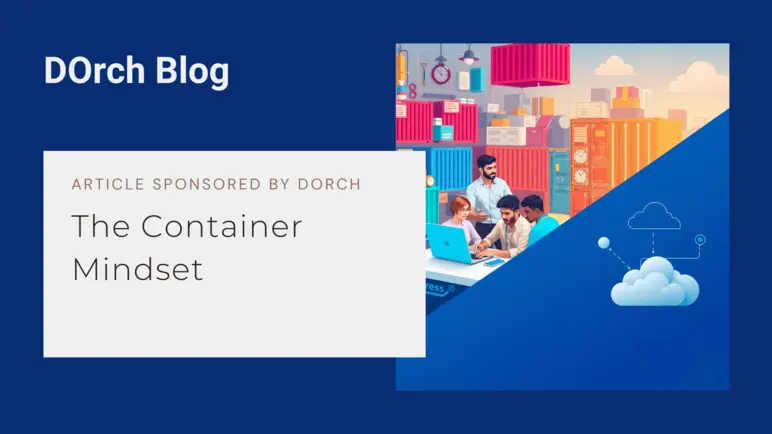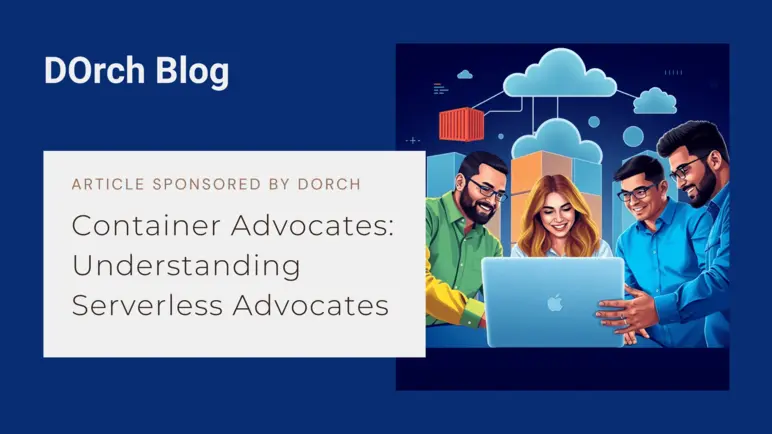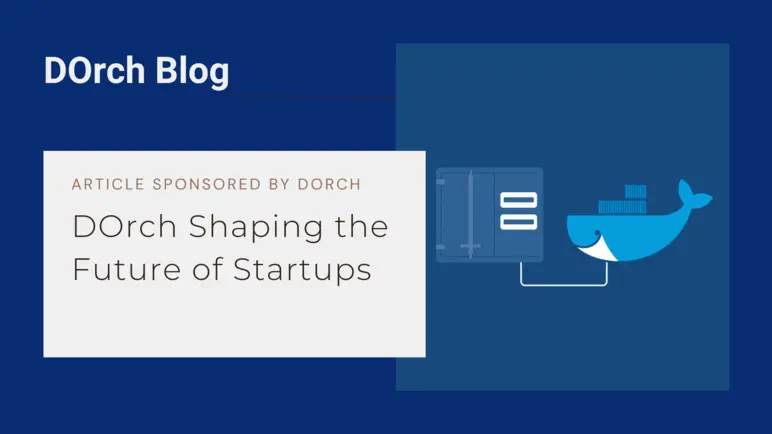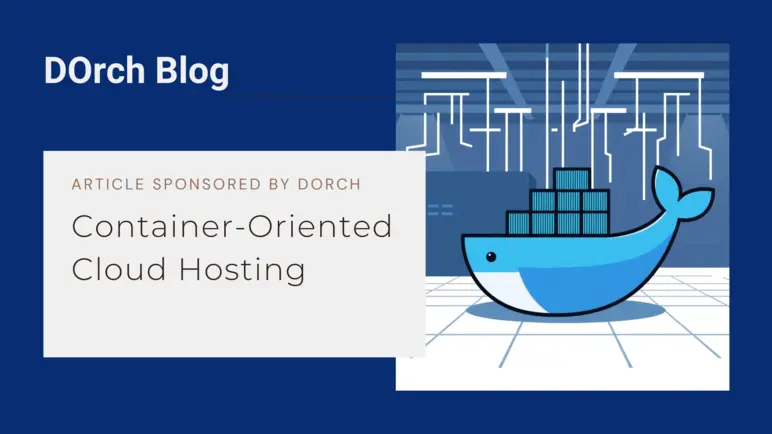Article Sponsored By: DOrch Starter
Host containers without setting up underlying Infrastructure. From as low as $1. DOrch Managed Cloud suits both small and large teams. Click here to learn more
The Container Mindset: Unpacking the Philosophy of Control and Flexibility
Published: January 28, 2025: 03:30amAs I've watched the debate between containers and serverless unfold, I've begun to realize that it's not just about technology – it's about philosophy. At its core, the container mindset is about control, flexibility, and independence. It's about having the freedom to choose the best tools and technologies for the job, without being tied to a specific vendor or platform.
This mindset is rooted in the open-source ethos, which values community, collaboration, and transparency. Container enthusiasts are often drawn to the idea of a portable, standardized unit of deployment that can be easily shared and reused. This approach enables a level of flexibility and adaptability that's hard to match with serverless platforms.

In contrast, serverless platforms often embody a more utilitarian philosophy, prioritizing efficiency and cost-effectiveness over control and flexibility. Serverless enthusiasts argue that the benefits of reduced administrative overhead and scalable infrastructure outweigh the costs of vendor lock-in and limited customization options.
However, for those of us who've invested in containers, the trade-offs are clear. We value the freedom to choose our own infrastructure, orchestration tools, and deployment strategies. We believe that the benefits of containers – control, flexibility, and portability – outweigh the costs of added complexity and administrative overhead.
The container mindset is also closely tied to the idea of craftsmanship and ownership. When we build applications with containers, we're not just writing code – we're crafting a bespoke solution that reflects our values and priorities. We're taking ownership of our applications, from deployment to scaling to security.
In contrast, serverless platforms often abstract away the underlying infrastructure, reducing the need for manual configuration and management. While this can be convenient, it also means that we're ceding control to the platform vendor – and relying on their proprietary APIs, services, and configuration models.
As the container vs serverless debate continues to unfold, it's clear that there's no one-size-fits-all solution. However, for those of us who value control, flexibility, and independence, the container mindset remains the most compelling choice. So, let's keep on containerizing – and celebrate the philosophy of control and flexibility that underpins our approach.
 The DOrch Team
Alexander Ray Storms, Inc
The DOrch Team
Alexander Ray Storms, Inc
Host containers without setting up underlying Infrastructure. From as low as $1. DOrch Managed Cloud suits both small and large teams




